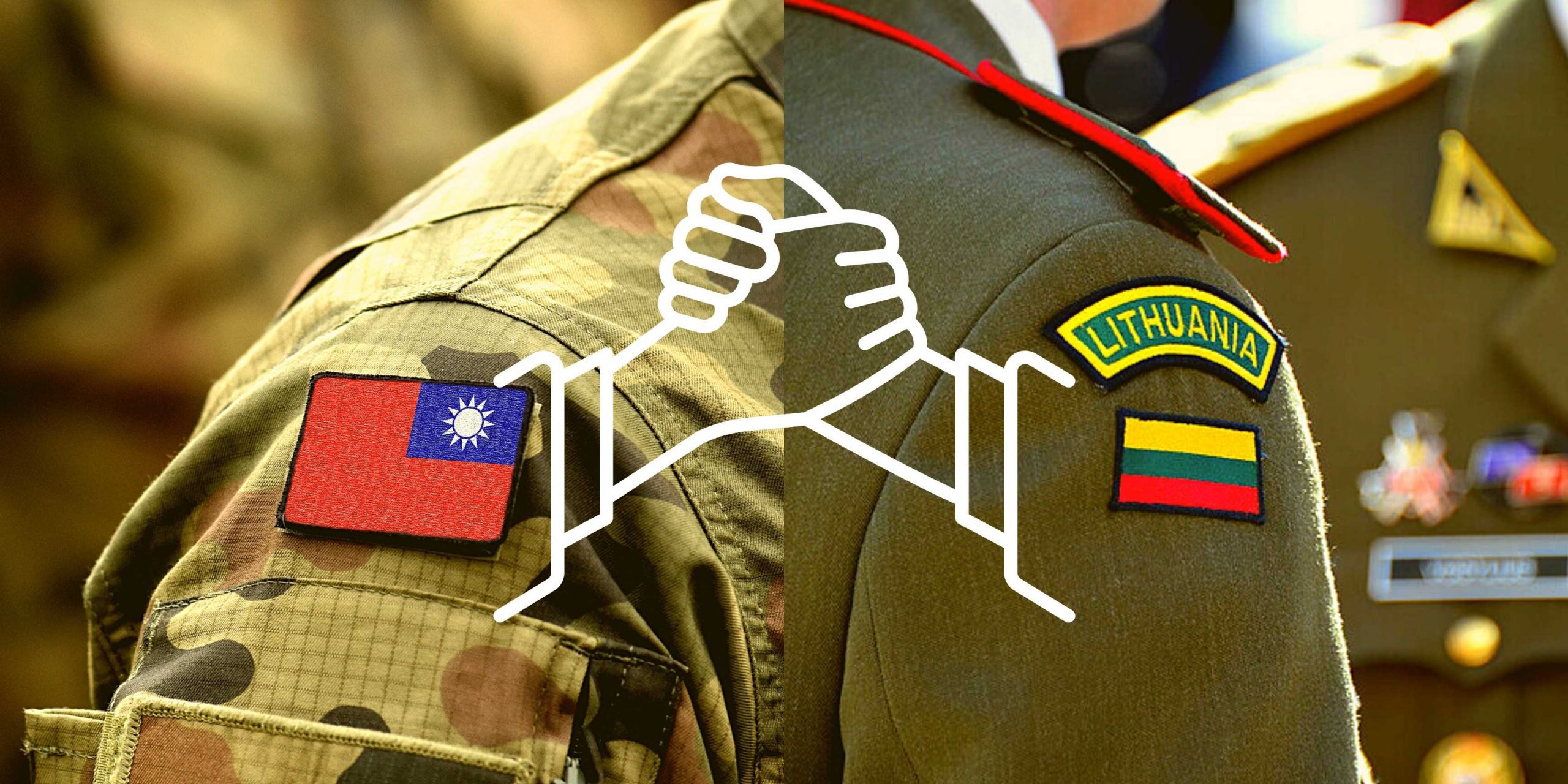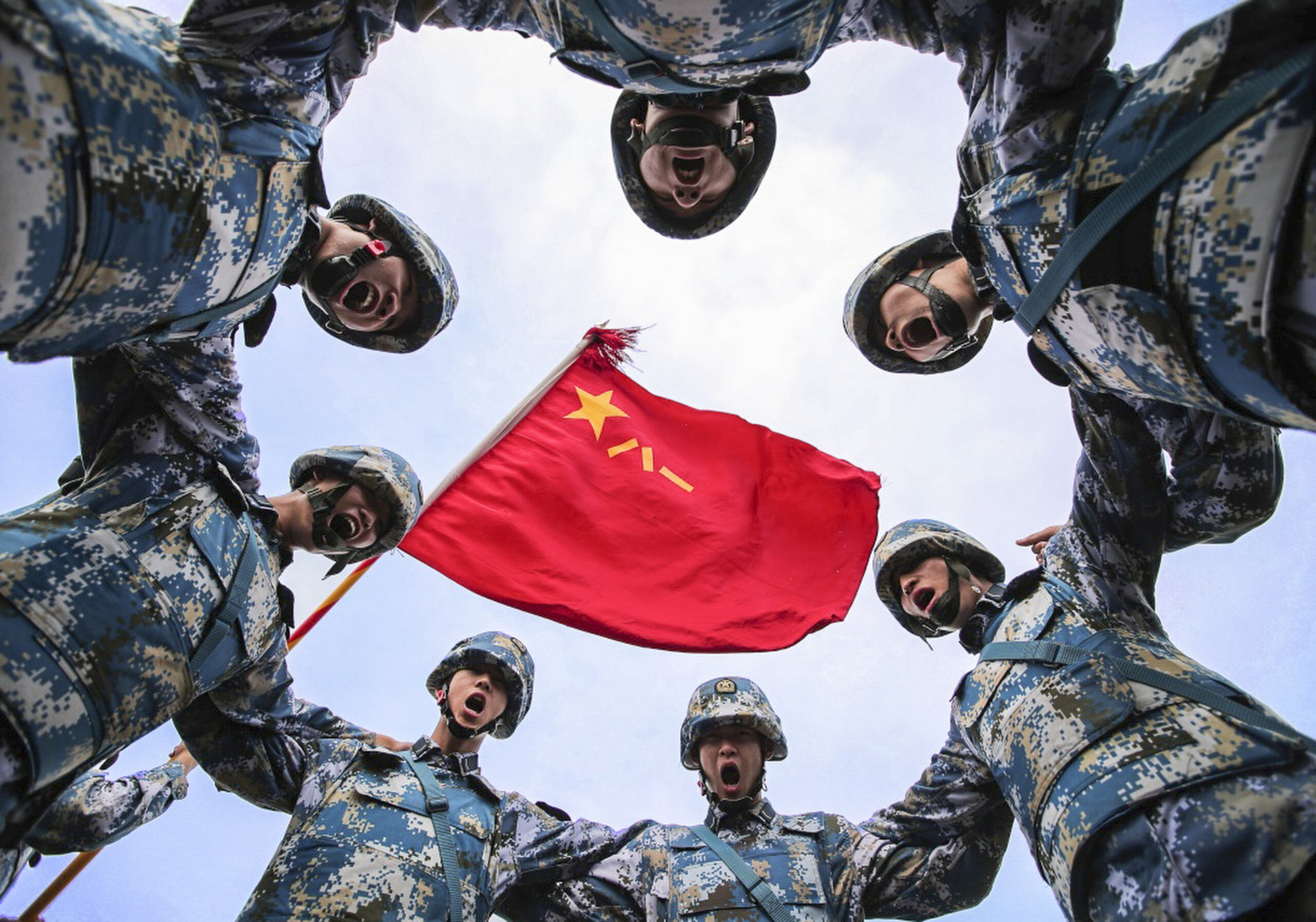Lithuania, once Taiwan’s loudest cheerleader in Europe, is now sending a somewhat chilling message: promises alone won’t sustain alliances. The new Lithuanian government, led by Gintautas Paluckas, is expressing openly frustration with Taiwan’s perceived lack of follow-through on bold economic commitments. High expectations for semiconductor investments, technology transfers, and trade breakthroughs have fizzled into what Paluckas calls a ‘frozen’ relationship. Even Seimas (Parliament) Speaker Saulius Skvernelis has echoed this sentiment, lamenting the gap between headlines and reality.
This shift should sound alarm bells in Taipei and, frankly and self-interestedly, spark a charm offensive immediately. Lithuania’s pivot is a warning that goodwill has limits. Taiwan’s democratic allies in Europe are not immune to domestic pressures or the allure of normalised relations with China. And things change from administration to administration if the relationship is not deeply rooted. If Taiwan allows these relationships to stagnate, it risks losing hard-won ground in its global fight for recognition.
Taiwan needs to be decisive to reinvigorate its partnerships with key EU allies, such as like Lithuania. This means delivering on promised investments, accelerating tangible economic cooperation, and ensuring that optimism translates into results. Diplomatic relationships are not static – they’re a bonsai that needs constant shaping, care, and adaptation.
And the stakes are very high for Taiwan. Losing momentum in Europe, at a time when the US’ stance on Taiwan might best be called strategic ambiguity, it risks being seen as a symbolic partner rather than a strategic one. Lithuania’s recalibration is a wake-up call: Taiwan cannot afford complacency in its alliances. The time to invest – politically and economically – is now.
By: Brian Iselin, Associate Editor
Image Credit: Visegrad Insight



